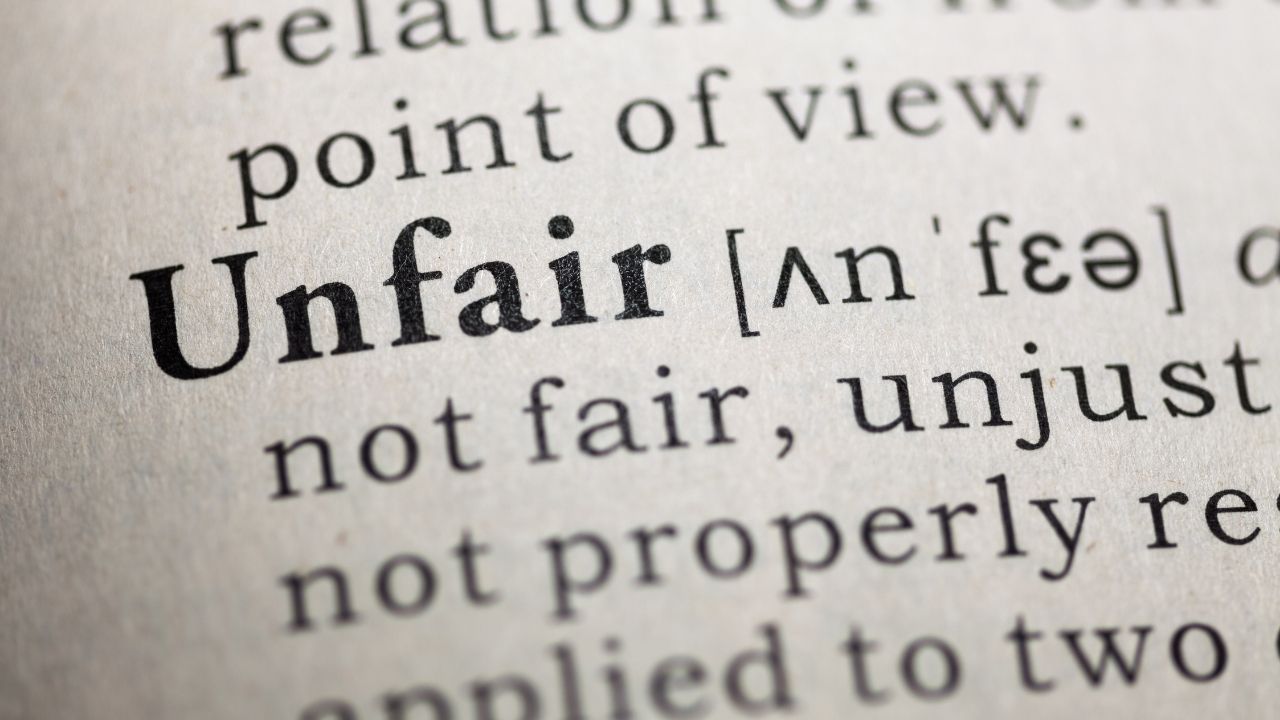On July 28, 2025, the High Court of Justice in Manchester, UK delivered a significant judgment in Ronnan v Stansfield and Another ([2025] EWHC 2034 (Ch)), overturning a District Judge’s decision and striking out an unfair prejudice petition under section 994 of the Companies Act 2006. This ruling clarifies the circumstances under which majority shareholders can bring such petitions, emphasizing that they are generally inappropriate where shareholders can use their control to remedy alleged misconduct through other means. Below, we summarize the key findings and their implications for companies and shareholders.
Background
The case involved Rumour Bar & Club Limited, a company operating a bar and nightclub in Clitheroe, with Mr and Mrs Ronnan holding a 55% majority shareholding and Mr Stansfield holding 45%. All three were directors, with the company adopting the 2008 model articles, allowing board decisions by majority vote. The parties agreed to run the business as a quasi-partnership, with Mr Ronnan funding refurbishments, Mrs Ronnan handling design, and Mr Stansfield managing daily operations. Profits were to be split according to shareholdings after repaying refurbishment costs.
In June 2023, following a dispute, Mr Stansfield allegedly engaged in serious misconduct, including taking the lease in his own name, closing the club abruptly, excluding the Ronnans from decision-making, and allowing Truth Nightlife Limited (controlled by his brother) to take over the premises and use company funds. The Ronnans claimed this stripped the company of its assets, rendering their shares worthless. They filed a section 994 petition in December 2023, seeking a buyout of their shares based on the company’s value before the closure.
Mr Stansfield applied to strike out the petition or for summary judgment, arguing that majority shareholders with control over the company could not bring a section 994 petition, as they could remedy the misconduct using their voting power. The District Judge dismissed the application, finding the Ronnans were “arguably powerless” due to Mr Stansfield’s practical control. Mr Stansfield appealed.
The High Court’s Decision
Mr Justice Fancourt, Vice-Chancellor of the County Palatine of Lancaster, allowed the appeal and struck out the petition. The key findings were:
- Majority Shareholder Petitions Are Exceptional: The court reaffirmed that section 994 petitions are primarily for minority shareholders unable to remedy unfair prejudice due to lack of control. Citing Re Legal Costs Negotiators Ltd [1999] 2 BCLC 171 and Re Baltic Real Estate Ltd (No 2) [1993] BCLC 503, the court noted that majority shareholders generally have the power to stop prejudicial conduct through their voting control, making such petitions inappropriate unless exceptional circumstances exist, such as legal impediments (e.g., restricted voting rights or shareholder agreements, as in Cool Seas (Seafoods) Ltd v Interfish Ltd [2018] EWHC 2038 (Ch)).
- Practical Impossibility Required: The court rejected the argument that practical difficulties alone justify a majority shareholder petition. Mr Stansfield’s alleged control over the lease and premises did not legally prevent the Ronnans from using their 55% shareholding and board majority to remove him as a director or initiate company proceedings to recover assets or seek compensation. The absence of evidence showing the company’s insolvency or inability to sue was critical.
- Appropriate Remedy Lies with the Company: The court emphasized that the alleged wrongs (e.g., misuse of the lease and company funds) were breaches of duties owed to the company, not the shareholders directly. The company was the proper claimant, and the Ronnans could have caused it to sue Mr Stansfield and Truth Nightlife Limited. The court found no evidence that such action was impossible, noting that injunctive relief to secure bank accounts or other assets could have been sought promptly.
- Policy Considerations: The court underscored that section 994 petitions are expensive and complex, often requiring multiple trials. Allowing them as an alternative to company-led claims risks misuse of the procedure, which is intended to address abuses of corporate control that shareholders cannot otherwise remedy.
Implications for Companies and Shareholders
This decision has significant implications:
- Limited Scope for Majority Shareholder Petitions: Majority shareholders must demonstrate practical impossibility, not mere difficulty, in using their control to remedy prejudice. Legal impediments, such as restrictive shareholder agreements, remain the primary basis for such petitions.
- Company as Proper Claimant: Alleged breaches of director duties should be addressed through company-led claims for damages or equitable compensation, not shareholder petitions, unless the company is demonstrably unable to act (e.g., due to insolvency).
- Prompt Action Required: The court criticized the Ronnans’ six-month delay in filing the petition, suggesting that timely action (e.g., seeking injunctions) could have mitigated the prejudice. Shareholders must act swiftly to protect company assets.
- Strengthened Corporate Governance: Companies should ensure clear agreements on roles, asset ownership (e.g., leases), and decision-making to prevent disputes that lead to practical control issues.
Practical Considerations
- Review Corporate Structures: Companies, especially quasi-partnerships, should clarify director roles and asset ownership in shareholder agreements to avoid disputes over control.
- Act Promptly: Majority shareholders facing misconduct should use their voting power to initiate company proceedings or remove delinquent directors, documenting efforts to demonstrate that a petition is a last resort.
- Seek Legal Advice Early: Legal counsel can assess whether a company-led claim or injunctive relief is viable, avoiding costly section 994 petitions.
- Evidence of Impossibility: Majority shareholders contemplating a section 994 petition must provide robust evidence of why corporate remedies are unavailable, such as insolvency or legal restrictions.
Conclusion
The Ronnan v Stansfield judgment reinforces the principle that section 994 petitions are not a substitute for company-led remedies when majority shareholders have control. By striking out the petition, the High Court emphasizes the need for shareholders to exhaust corporate mechanisms before resorting to unfair prejudice claims. Companies and shareholders should consult legal advisors to ensure compliance with corporate governance obligations and to strategize effective responses to director misconduct.



